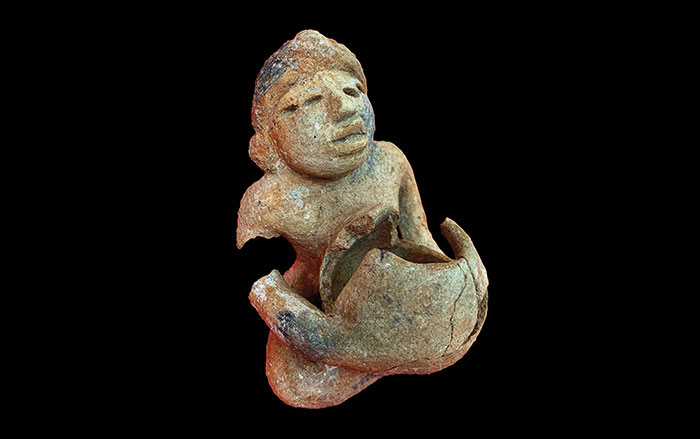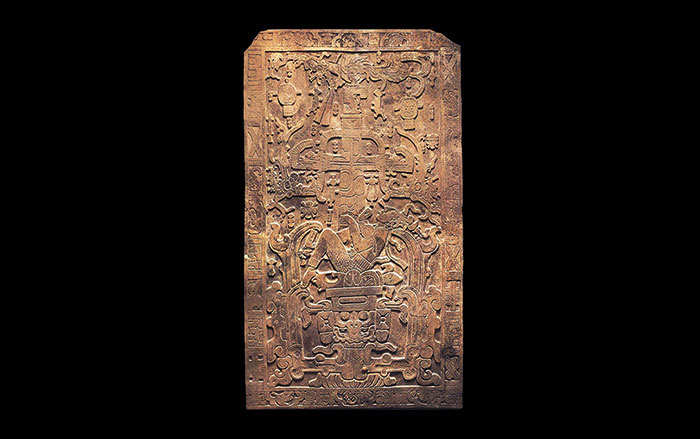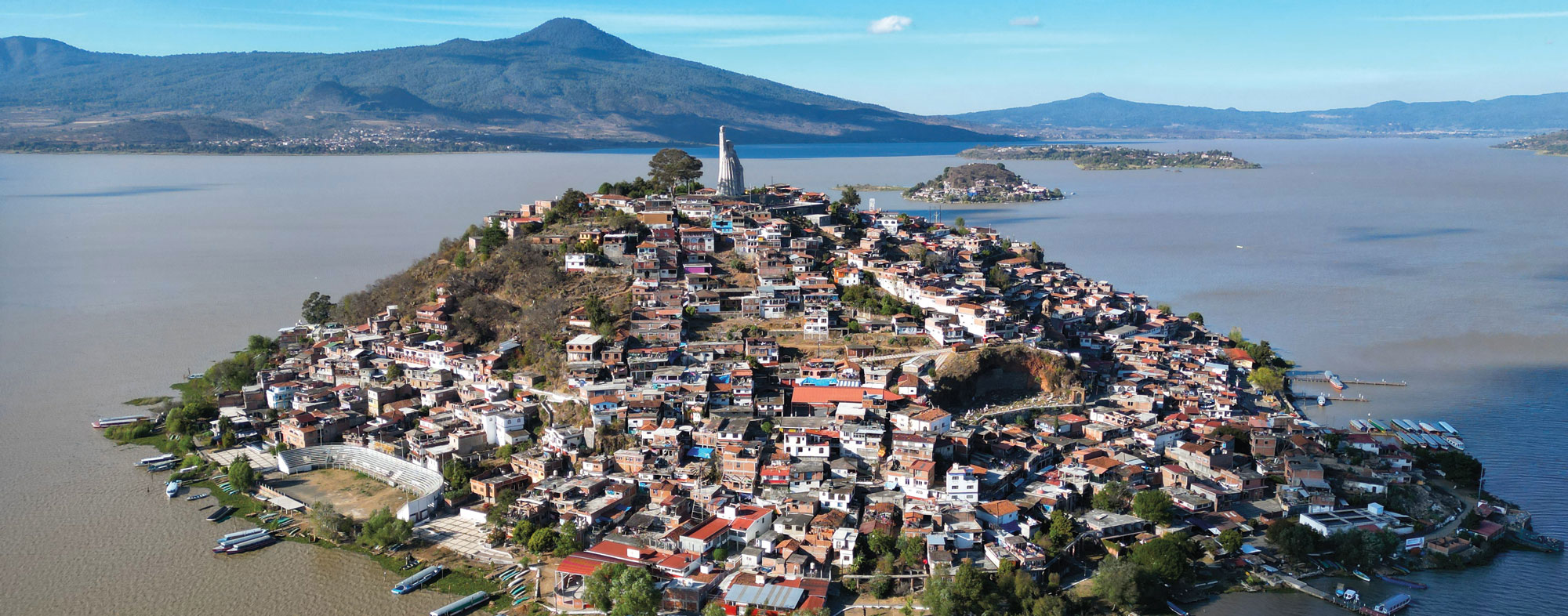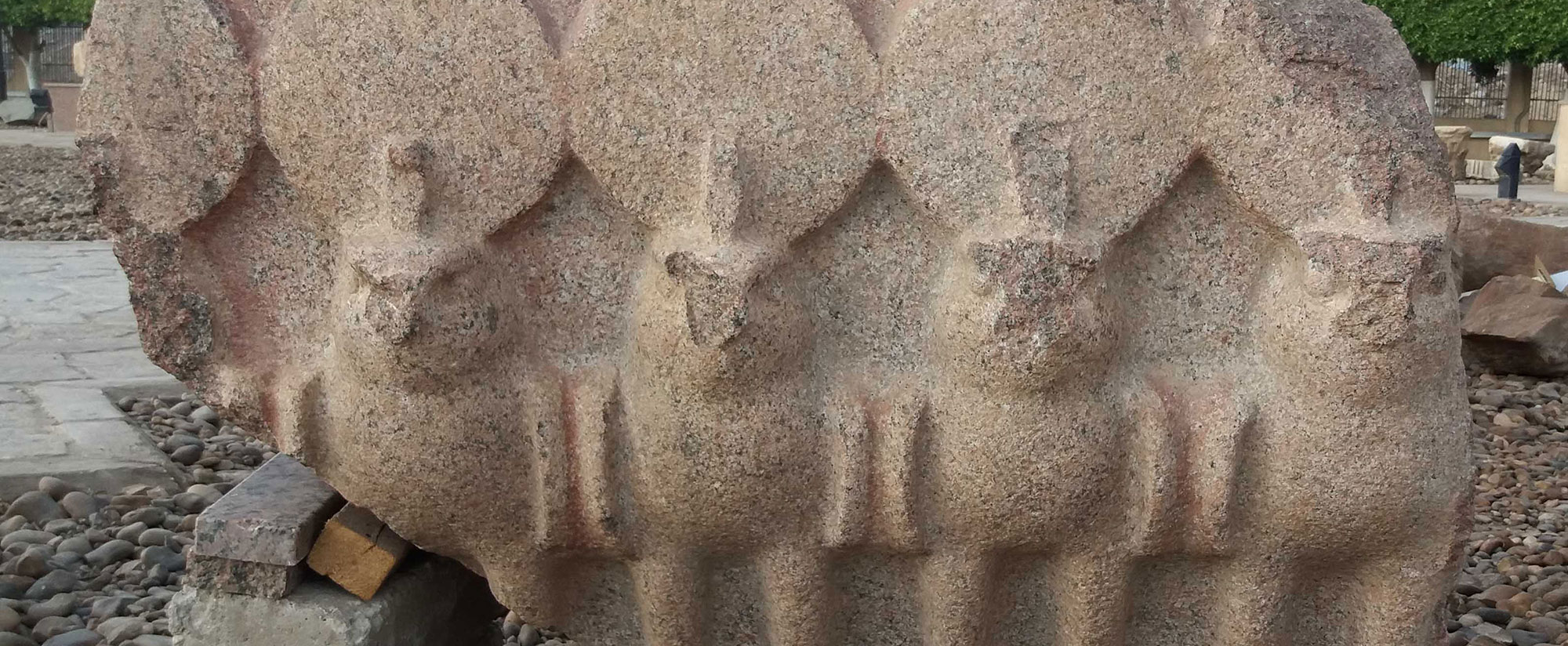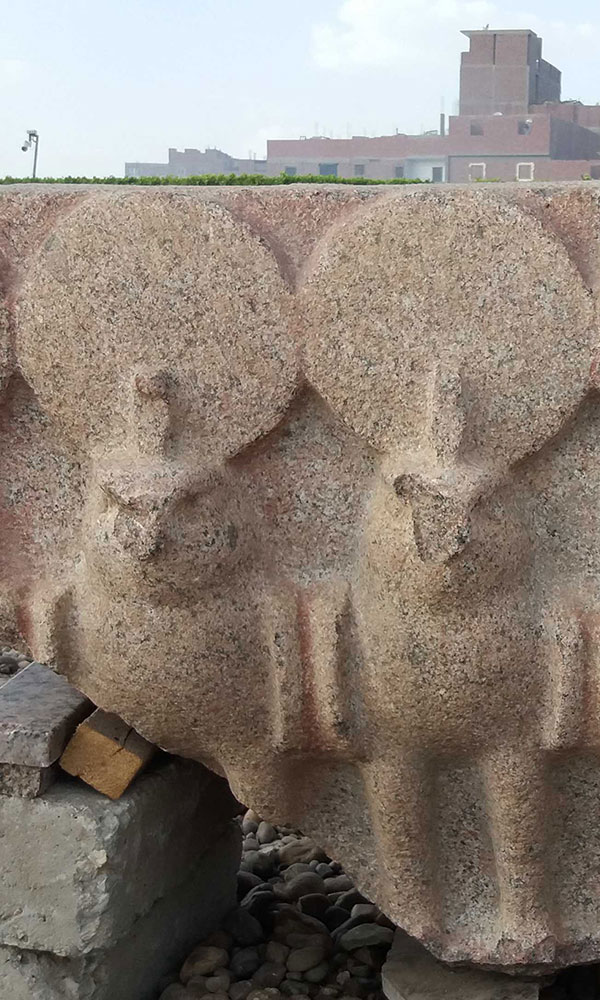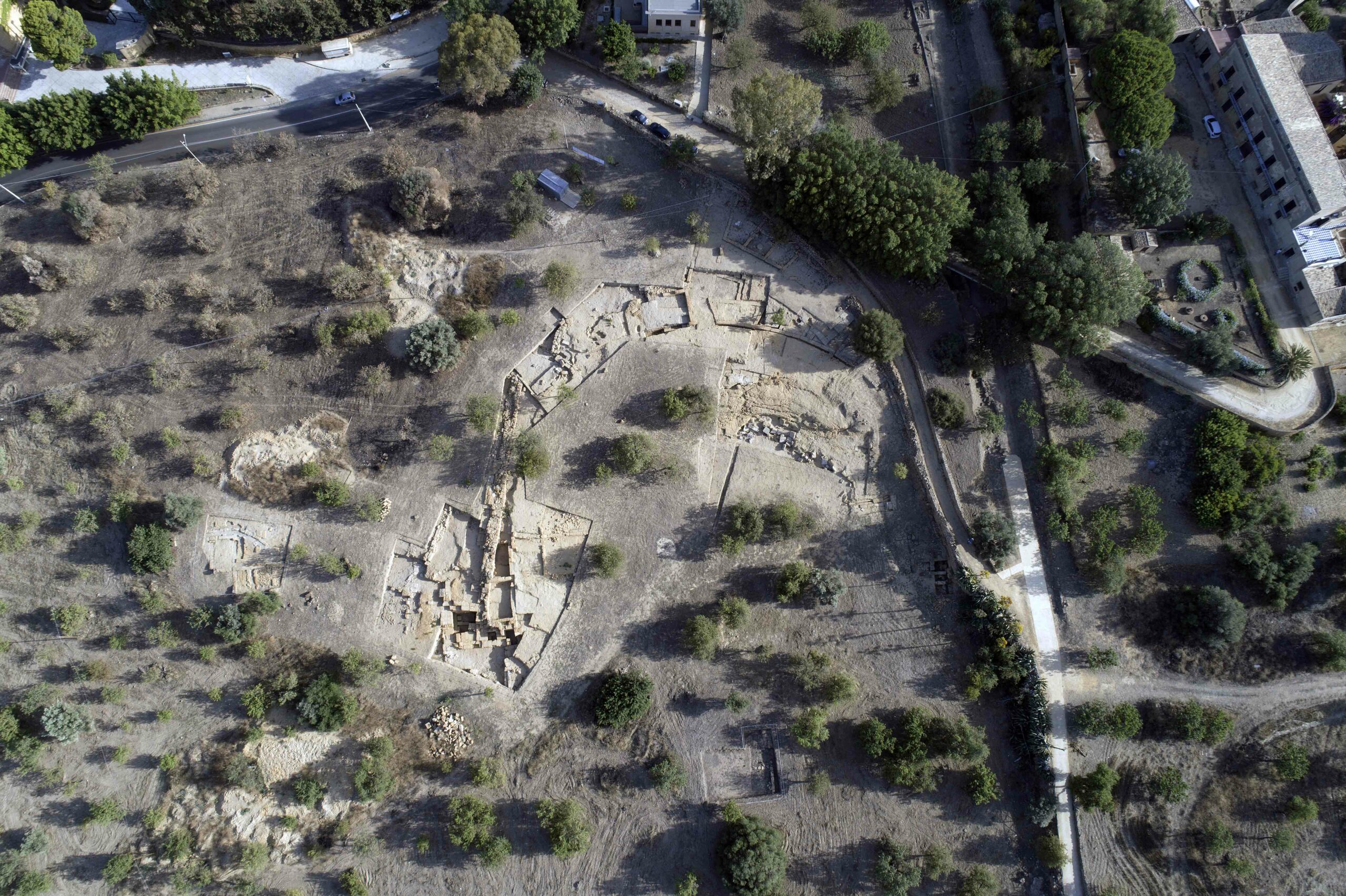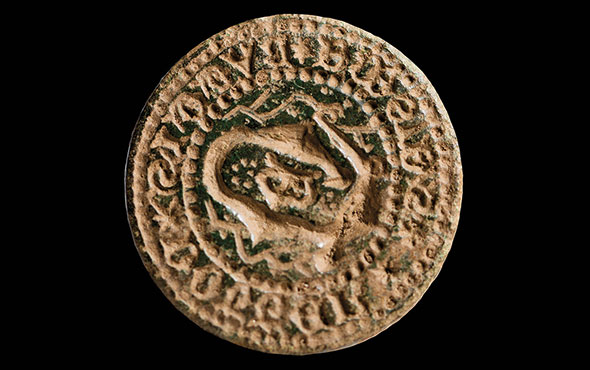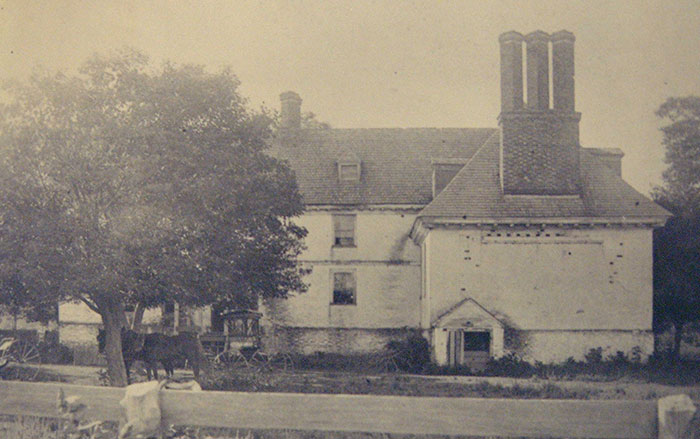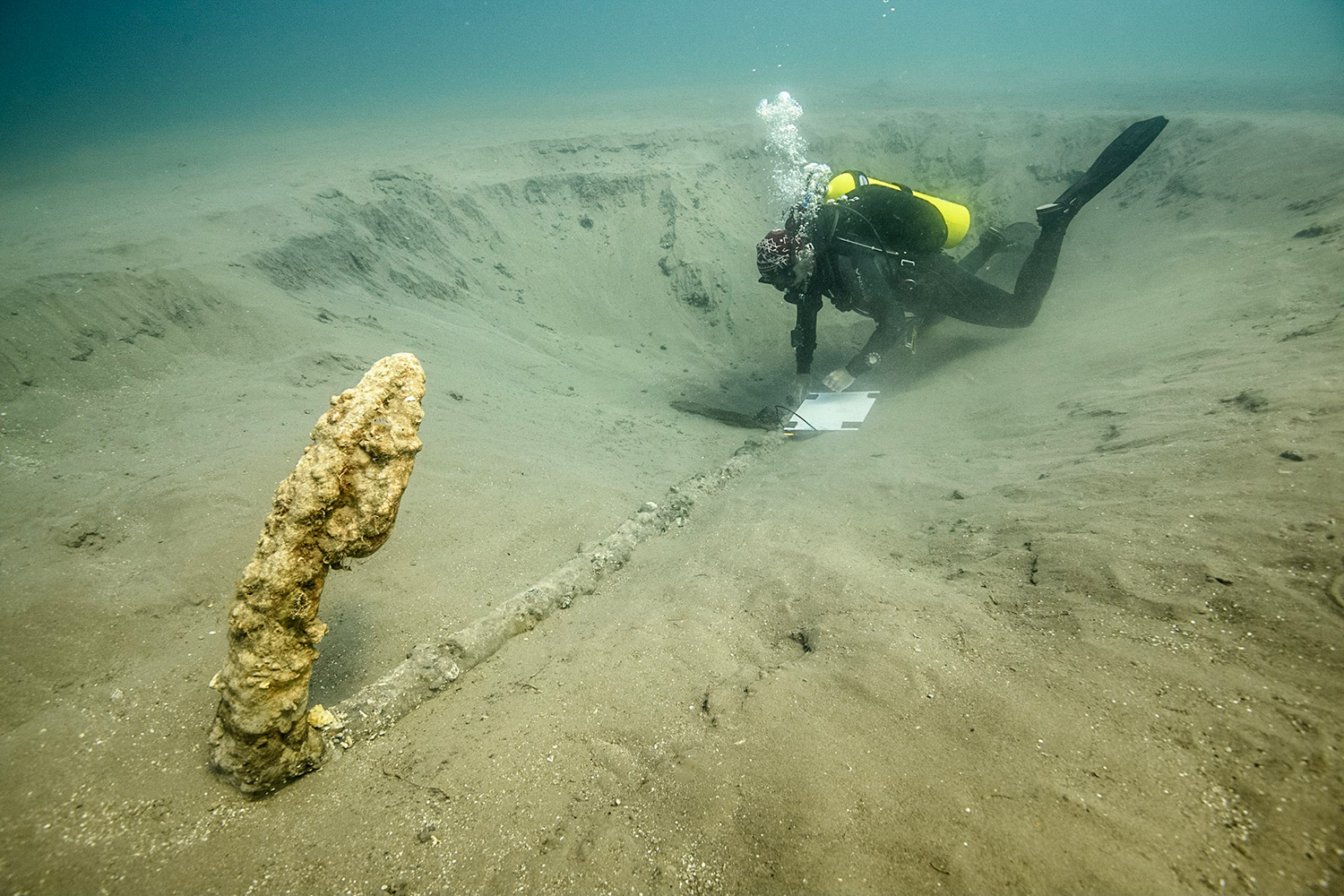
VERACRUZ, MEXICO—Mexico News Daily reports that a fifteenth-century anchor has been found covered in sediment under about 40 feet of water off the coast of Veracruz by members of the Underwater Archaeology Project at the National Institute of Anthropology and History (INAH). The anchor is thought to have come from a ship in Spanish explorer Hernán Cortés fleet. Cortés scuttled 10 of his 11 ships in 1519, in order to quash a mutiny among his crew members and force them to travel inland with him. Archaeologist Roberto Junco Sánchez and anthropologist Chris Horrell said wood on the anchor has been dated to sometime between the mid-fifteenth and early sixteenth centuries, and has been identified as a type of oak that grows only in northern Spain. The team members are creating a 3-D reconstruction of the anchor, and plan to bring it to the surface and conserve it. They will continue to search the area with a magnetometer and sonar to look for the rest of the ship. To read more about underwater archaeology in the Gulf of Mexico, go to "All Hands on Deck."


